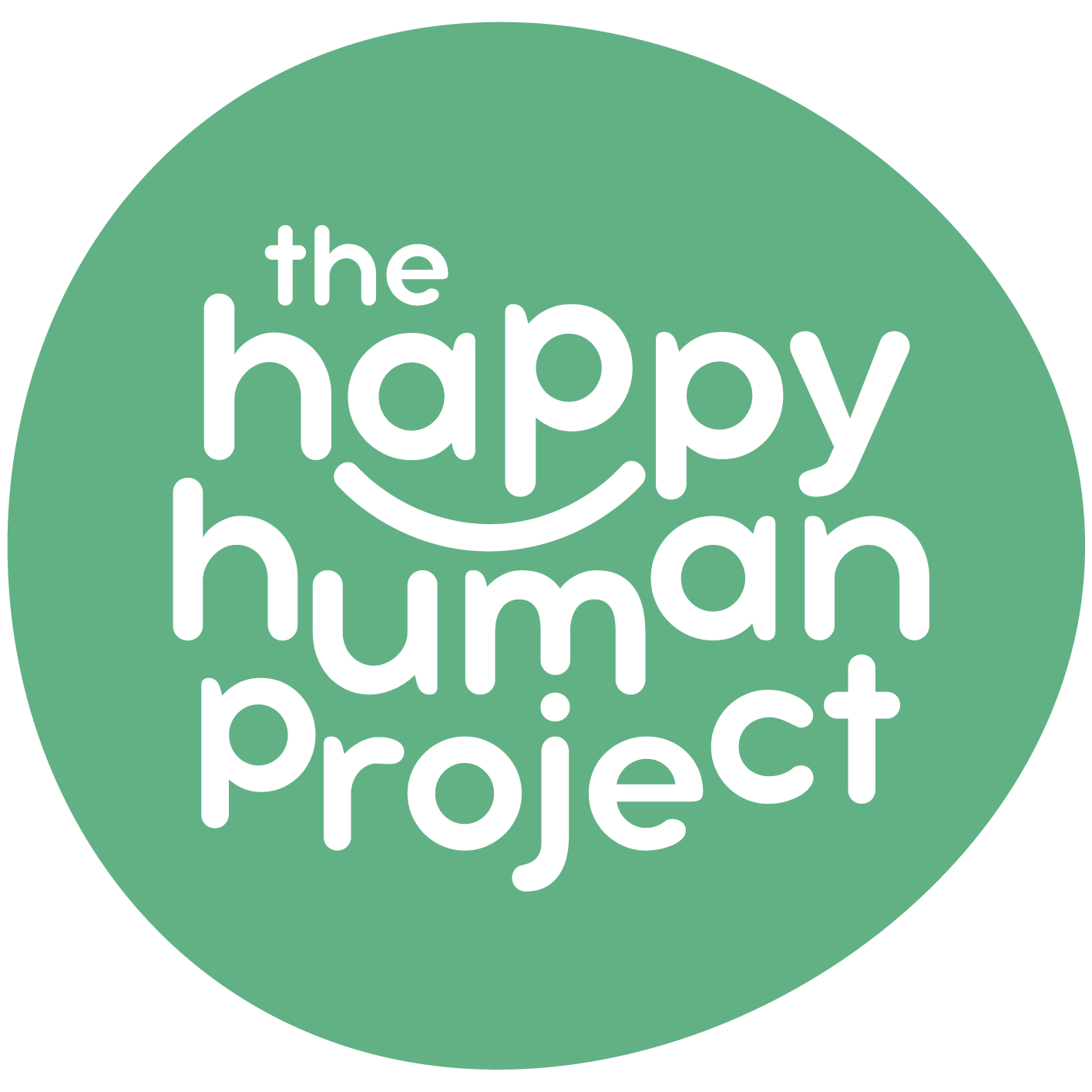Reframing failure (because it’s actually very useful)!
At the start of March, I ran a Q&A webinar where I invited parents to submit their questions around problems their children are facing at the moment. It struck me that there were several questions around children not being able to cope with failure, not achieving their own expectations and making mistakes that resulted in overwhelm and giving up. I felt called to look into this some more as it's something that I have always feared hugely and yet, it has always led to my biggest successes.
Here are my top tips for helping your children (and yourselves!) to reframe the way you see failure and stop letting it defeat you.
Failure is just feedback - so see it that way!
Failure is just feedback we get from an action we take that we are choosing to put in the 'bad bin', where the shame gremlins live. Those shame gremlins eat up all of your mistakes and failures and store them, ready to regurgitate them back up and remind you of your shortcomings when you're already down at some later date.
My advice to you is to stop feeding those gremlins. Failure isn't a bad thing and we have to stop seeing it like that. It just lets us know if we're on the right track for something we're hoping to achieve. If you used your Google Maps app to drive across the country, chances are you will get redirected once or fifty(!) times for roadworks or accidents. Life is like this when we're working towards goals or even just trying to get things done. Success is so very rarely a simple, flat path in a simple straight line. It's more like a bumpy, pot-holed road filled with squirrels you have to swerve around and U-turns you have to make.
Let's start teaching children that it’s this feedback that keeps us on the right path. It helps us to adjust our technique and efforts so that we can ultimately get to the end destination we're heading for.
Model the behaviour you wish to see in your children
How you see and deal with failure is a really powerful lesson for your child. If you're someone who tries something new and comes out of it saying things like, 'I was stupid to even think I could do that' and 'maybe this (fill in the blank) isn't for me after all', then you can bet your bottom dollar that your children will also view failure negatively.
On the other hand, if your response to failure is more like, 'huh, that didn't go to plan, I wonder how I could do it differently' and, 'that strategy didn't work but at least I learned X, Y and Z about how to approach it next time', then again, your children will see this and learn to approach their shortcomings in the same way.
Everything starts with you - that’s just the price you pay for being the role model your child looks up to!
“Success is not final, failure is not fatal: it is the courage to continue that counts”
Find successful people, role models and people who have already achieved what you're trying to achieve
I like this one a lot because it reminds me that even super successful people like Elon Musk who created the Tesla (and is now said to have a net worth of $183 billion) have 'failed'.
Dr Seuss’ first book was rejected 28 times before it got published. By the time of his death in 1991, he had sold over 600 million copies of it
J.K. Rowling took 7 years to write the Philosopher’s Stone, and when she finished, all 12 of the major publishing houses rejected it. She has now sold around 120 million copies (and counting)!
Oprah Winfrey was fired from her first job for being unfit for television. She now has her own private jet that takes her to her many island homes and is the only black female billionaire in the US
These people are the epitome of success against the odds. They took rejection and failure and used them constructively to improve and try again. Elon Musk says, "Failure is an option... If things are not failing, you are not innovating enough." So if all your children ever get are the outcomes they hope for, we need to help and empower them to aim higher.
Experiencing failure means we have big dreams and we're going after them. Yes, sometimes it hurts when we don't get there the way we hope we will, but it is a necessary part of the process of learning, improving and achieving, and it’s so important that we see it like that. If we don’t feel scared by the big things we’re trying to do, then it means we have room to grow somewhere and growth is always useful.

